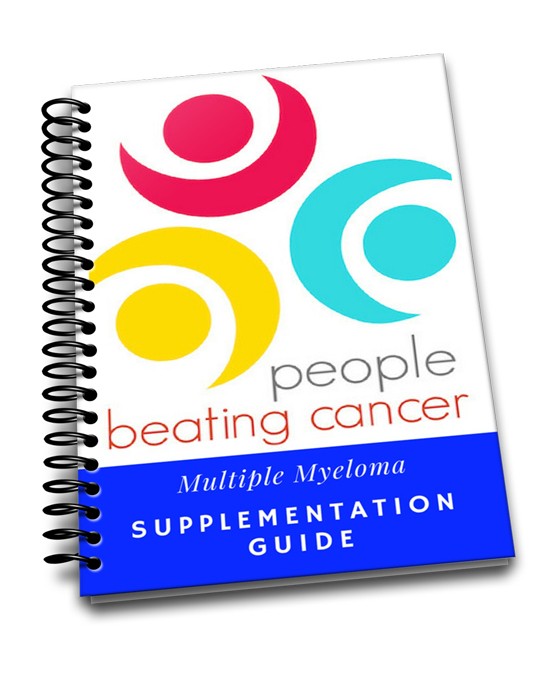Leave a Comment:
2 comments
Hello,
I believe I have coronary artery disease. I have highcholesterol and blood sugar as well as angina and occasional shortness of breath. Im going to consume Panax Notoginseng daily.
I’m female and 56. I’ve always been healthy and healthy looking. Now I’m a bit fat, menopausal and my leg is swelling. I’m not getting a stent or bypass or taking statins…
Any thoughts?
Hi Andrea- This is a long reply to your question. I will also email you the same info directly via your email address.
Let me know if you have any questions.
HI David- I believe I have coronary artery disease. I have high cholesterol and blood sugar as well as angina and occasional shortness of breath. Im going to consume Panax Notoginseng daily.
I’m female and 56. I’ve always been healthy and healthy looking. Now I’m a bit fat, menopausal and my leg is swelling. I’m not getting a stent or bypass or taking statins…Any thoughts?
Hi Andrea-
I have several ideas. From your post it sounds as if you have not been formally diagnosed with CAD yet. While I don’t like going to the doctor’s office myself I believe in getting a specific diagnosis. I am about to get my annual ECHO actually.
My point is that we need to know exactly what’s going with our hearts, veins, etc. We have to know what risks we face- risk of heart attack, risk of stroke, risk of anything.
Having said that, I take no conventional heart meds of any kind. I face the risk of several heart issues but I have decided that the risks of conventional meds or surgery outweigh the risks of doing only diet, supplements, and lifestyle therapies such as exercise.
Keep in mind that if your cardiologist diagnoses CAD, he/she will prescribe meds. Meds may or may not be right for you. The non-toxic therapies below are complementary therapies.
Let’s talk coronary artery disease. Choice #1 will be to follow your cardiologists instructions. While I know people with heart issues on various meds, as I said above, I don’t want to take any prescription drugs.
I will say that conventional heart meds. are easier than the non-toxic therapies listed below.
Possible therapies are:
Heart healthy diet,
Moderate, daily exercise,
Loose weight,
Quit smoking if you do (I cut out almost all alcohol- I drink 3 glasses of wine per week…
Manage stress
Ask the doctor: Is it possible to reverse coronary artery disease?
https://www.health.harvard.edu/heart-health/ask_the_doctor_is_it_possible_to_reverse_coronary_artery_disease
“Q. I have coronary artery disease. Is this something I can have cured or get rid of, or is keeping it from getting worse the best I can do?
A. If you have the gumption to make major changes to your lifestyle, you can, indeed, reverse coronary artery disease. This disease is the accumulation of cholesterol-laden plaque inside the arteries nourishing your heart, a process known as atherosclerosis.
Coronary Artery Disease (CAD): Alternative Treatments
https://www.healthline.com/health/coronary-artery-disease/alternative-treatments
Nutritional supplements can help-
Omega-3 fatty acids
Researchers believe omega-3 fatty acids reduce inflammation in the body. Inflammation is a contributing factor in certain types of heart disease.
Phytosterols
Phytosterols are in:
unrefined vegetable oils
whole grains
nuts
legumes
Vitamin D
Current research indicates that vitamin D might be beneficial in reducing your risk of heart disease. Researchers have linked low levels of vitamin D with an increased risk of heart disease.
How much vitamin D you should take isn’t clear. Some doctors are recommending as much as 1,000 to 2,000 international units per day.
The Mediterranean Diet and Cardiovascular Disease
In this article, we critically evaluate the evidence relating to the effects of the Mediterranean diet (MD) on the risk of cardiovascular disease (CVD). Strong evidence indicating that the MD prevents CVD has come from prospective cohort studies. However, there is only weak supporting evidence from randomized controlled trials (RCTs) as none have compared subjects who follow an MD and those who do not
Reply


